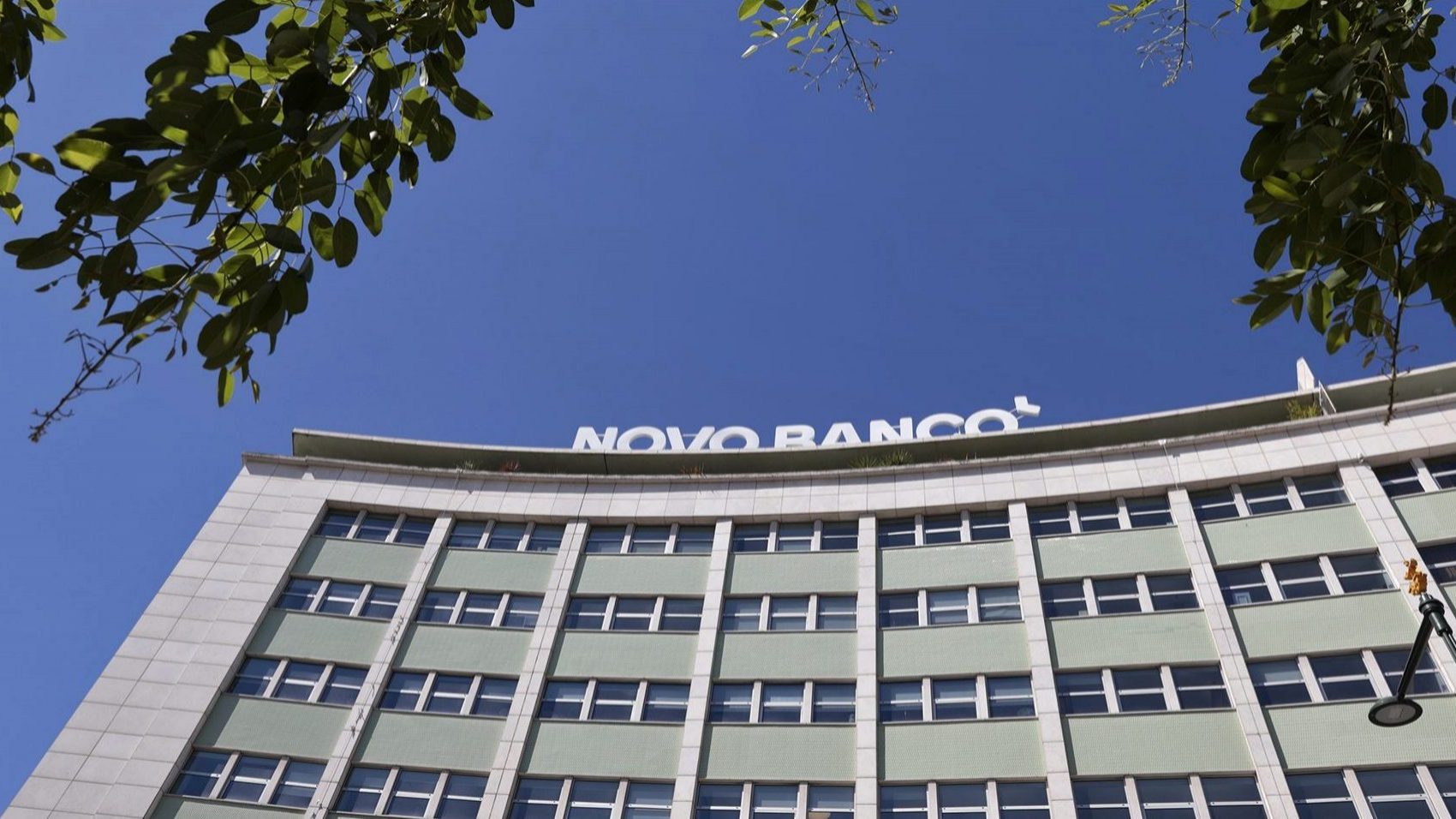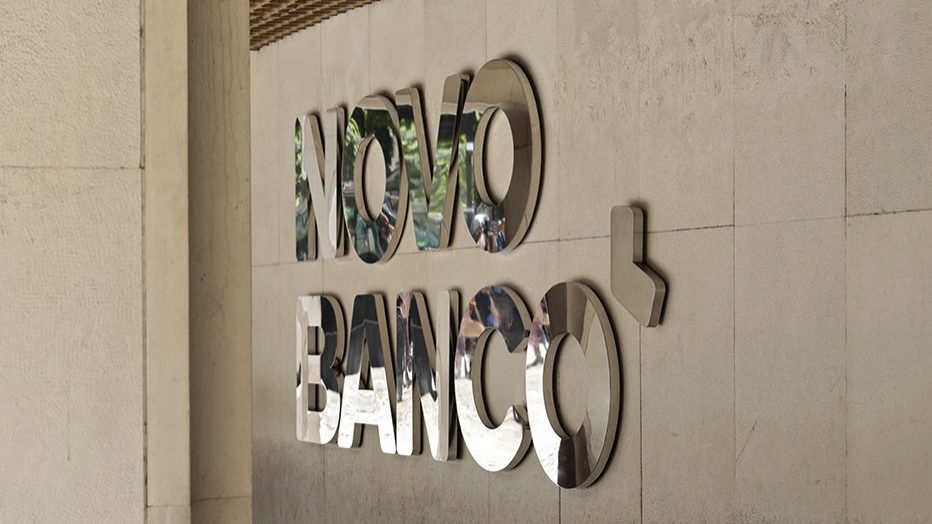Novo Banco: What is known and missing from the audit
Government, bank and political parties have already lifted the veil on the Deloitte audit report on the Novo Banco. But there are more questions than answers.
The veil has already been lifted over the Novo Banco’s special audit and left more questions than answers. It was already known that the origin of the bank’s problems was mainly related to BES, with Deloitte quantifying the losses of this inheritance at over 4 billion euros. However, doubts remained as to what happened after the resolution, notably after the bank’s sale to the Lone Star Fund.
What is already known
What did Deloitte analyse?
Deloitte’s audit examined the bank’s management actions in the period 2000 to 2018. Samples of three types were selected: credit transactions (201 transactions); subsidiaries and other associated companies (26 transactions); and transactions with other assets, namely securities and real estate (56 transactions).
The period of analysis covers several administrations: Ricardo Salgado (2000-2014), Vítor Bento (2014), Eduardo Stock da Cunha (2014-2016) and António Ramalho (2016-present).
What did the audit conclude?
According to the Ministry of Finance, the audit report revealed net losses of 4,042 million euros in Novo Banco, mostly from BES, i.e. when the bank was managed by Ricardo Salgado.
With 201 credit operations, the bank recorded a loss of 2,320 million euros. Operations with other assets resulted in losses of 1,234 million, while subsidiaries and associated companies generated losses of 488 million.
Whose fault was it?
The Ministry of Finance said that the “report describes a number of serious internal control weaknesses and deficiencies in the period of activity until 2014”. In other words, the Novo Banco’s losses stem mainly from the period before the resolution, when the bank was managed by Ricardo Salgado.
In fact, the Finance Department stresses that “the report also describes the progress made in these matters during the Novo Banco’s period of activity” after 2014.
Nevertheless, the government considers it “essential” that the issues identified by Deloitte in the special audit report be quickly and fully corrected.
What is not yet known
Who benefited from the ruinous credits?
This was one question raised by the deputy of the Left Bloc (BES), Mariana Mortágua: there are no names of the debtors who have caused the bank losses of over 2 billion euros. In this regard, she believes that the report should be released immediately.
“The Parliament still does not know, when analysing credit operations carried out by BES and Ricardo Salgado, who were the clients who benefited from these credit conditions. Today, because of other committees of enquiry, we can guess who they are,” she said this Thursday. “They are operations linked to BCP, to Portugal Telecom and even linked to football,” she added.
What is Novo Banco’s responsibility for the losses?
The government statement points to BES as the origin of most of the problems that affected Novo Banco. However, the management acts of the administrations that succeeded Ricardo Salgado from 2014 onwards, when the bank was resolved and the Novo Banco was born, have yet to be clarified.
There is particular interest in knowing what the auditors’ conclusions were in relation to António Ramalho’s management. This leads us to the following questions.
Were the asset sales transparent?
Both Rui Rio and Mariana Mortágua stressed this point: what matters is to analyze the bank’s management after the resolution (in 2014) and, above all, after the sale to the Lone Star (2017), when the state has systematically injected money into Novo Banco through the Resolution Fund.
At stake are losses on a number of problematic assets that the bank has sold in recent years at great losses, forcing millionaire injections with public funds. These operations have raised many doubts, not knowing whether the losses could have been avoided or who the final buyers were.
After a first reading of the document, the BES deputy says that doubts about these asset sales will continue, although Novo Banco has ensured that the audit proves “the transparent and competitive way” of reducing the balance sheet.
Can the Resolution Fund ask for money back?
As it is not possible to answer the previous question, this question will also remain unanswered. A few months ago, the Prime Minister said in Parliament that if this “audit says that Novo Banco has committed management failures and unjustified the injections that are made, the Resolution Fund has every legitimacy to recover the money that it has disbursed”. Were management failures committed?
To date, the Resolution Fund, financed by banks in Portugal and by state loans, has already injected into Novo Banco around 3,000 million euros out of the 3,890 million foreseen in the contingent capital mechanism.

